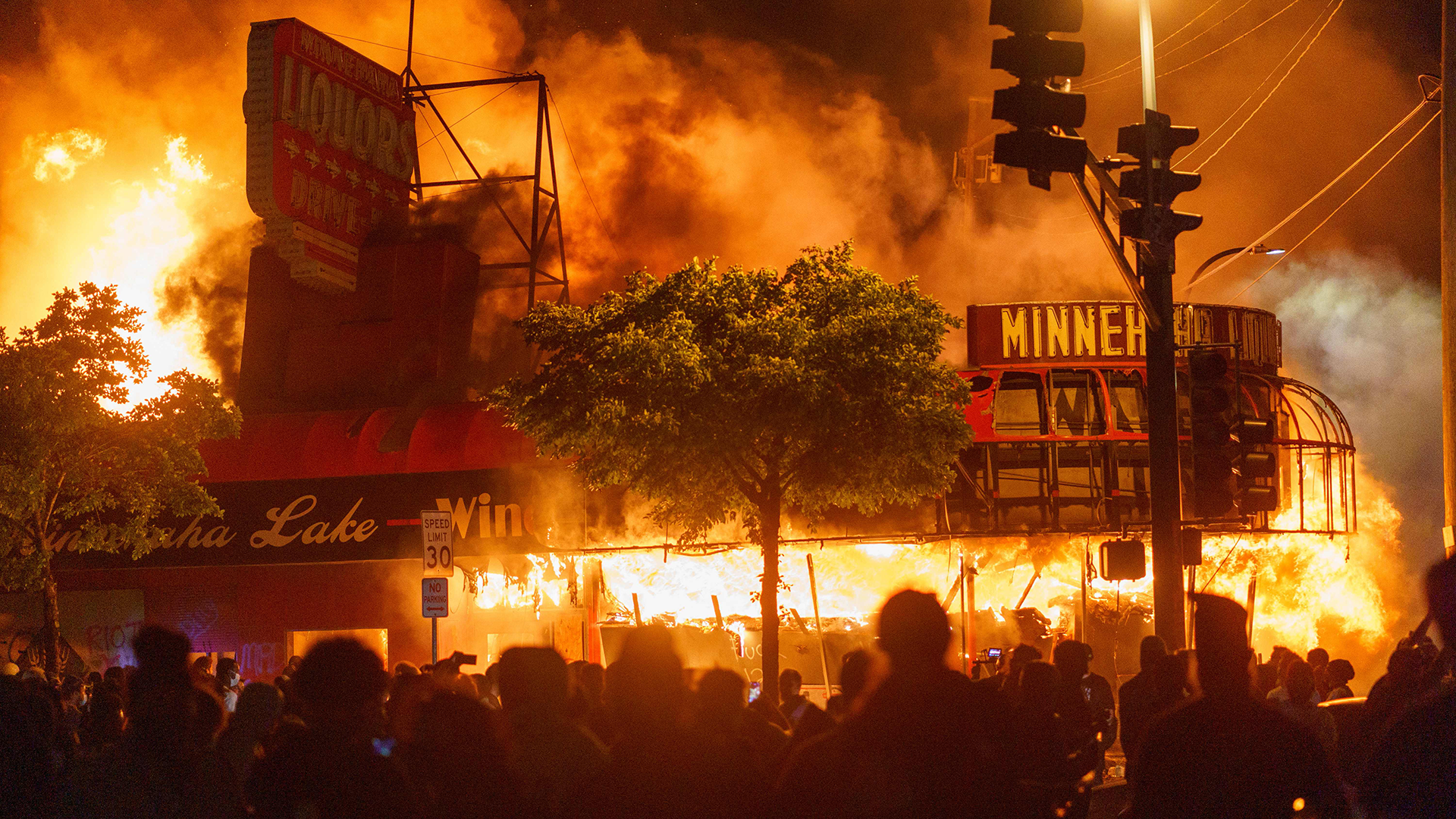Tuesday, September 22, 2020
Week 6: Free Expression and Social Media
Monday, September 14, 2020
Week 4: F.A. and BLM

https://www.youtube.com/watch?v=LrxwTUWZ6Xc
With all the chaos that is going on in the world right now, the First Amendment has been one of the biggest points of discussion in the U.S. as of the past few months. The First Amendment lists 6 specific freedoms: From and Of religion, of press, of speech, of petition, and of peaceful assembly. Whenever the riots begin and buildings start being burned to the ground, "First Amendment!" is what is claimed by those committing these crimes. They primarily argue about their right to assemble, however, many seem to forget that it specifically lists "peaceful" assembly. The second an assembly starts endangering others, it is not protected by the First Amendment. To be even more specific, doing something like burning someone's business down, is infringing on their rights of life, liberty, and property. The First Amendment's protection end once another's rights begin to be infringed upon. Even if one were to look beyond the First Amendment, arson and looting are pretty clearly under the classification of crime. So, committing such acts are not even a concerned with the First Amendments and personal rights anymore. it is simply committing crimes and putting others in danger, which is not protected by the First Amendment and certainly not legal in any sense of the word. As was said so accurately by Supreme Court Justice Oliver Wendell Holmes Jr.: “Your right to swing your fist ends where the other guy's nose begins.” You do not have the right to infringe on another's rights without due process of law and due cause.
Wednesday, September 9, 2020
Week 3: SCOTUS
SCOTUS, The Supreme Court of the United States. Despite its extravagant name, it did not start out so powerful. When it was initially formed, not only were there only a few judges, but there were no worthwhile cases. In fact, during its first term, the court did not preside over any cases, it was all to work out the logistics of official proceeding and workings of the court. Also, not until a while after its establishment, did it actually acquire any power to put important laws into effect. However, once everything involving the Supreme Court's power and logistics, it became an extremely important part of the federal government. Not only was it another layer to the checks and balances system, as to help keep the other branches of government in check, but it would become the final deciding factor concerning many influential issues and cases. Some of those cases would shape the future working and interpretations of the laws and constitution, shaping the entire country as we knew it. The Supreme Court eventually became the branch of government that the public would turn to whenever it was totally divided on issues from lower courts. Issues that no lower court could solve, and they needed to invoke the ultimate interpreting authority of the Supreme Court. So, from a small room with only a few people talking about how they should interpret the laws of a new country, to an extremely important court that must delicately interpret what the laws mean in relation to the constitution, and apply them to cases that reach it.
https://www.supremecourt.gov/about/historyandtraditions.aspx
Tuesday, September 1, 2020
Week 2: 5 News Sources
5 News Sources
Week 15: Online Presence and Technology
I would say my online presence is very small. Mainly due to the fact that I really only converse online with close friends that I know...

-
Throughout history, thousands of innovations have come and gone. Whether they be physical of ideological, there appears to be ...
-
I would say my online presence is very small. Mainly due to the fact that I really only converse online with close friends that I know...
-
SCOTUS, The Supreme Court of the United States. Despite its extravagant name, it did not start out so powerful. When it was initially ...




